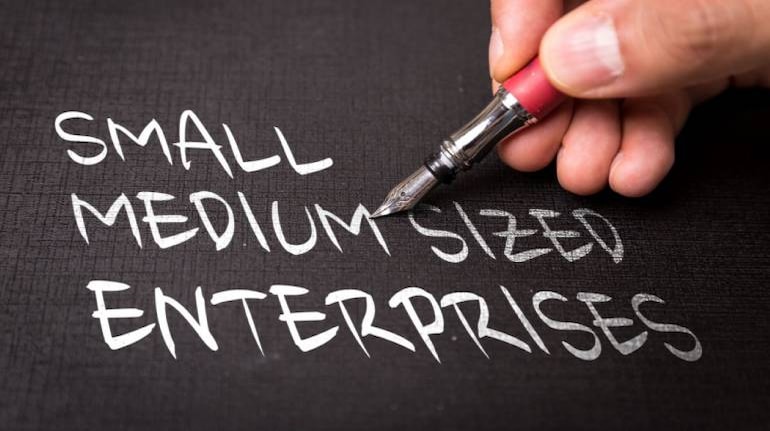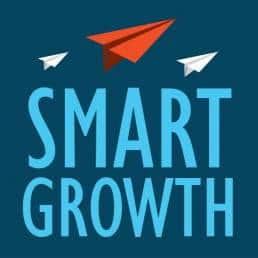



Small and medium enterprises (SMEs) have been facing challenge after challenge ever since the onset of the Covid-19 pandemic and the 2016 demonetisation. These include challenges related to human resources (HR), financial, and a host of others spheres.
This year, as the sector steps out of the Covid-19 times, HR will face a number challenges. Here, I look at five critical ones.
1. Building workplace relationships
The post-Covid shifts at workplaces in terms of work-from-home (WFH) and hybrid models have reduced the opportunities to build team relationships. For creativity, team dynamics and projects, the chemistry between team members is critical; Zoom calls do hardly help build this connect. Innovation in HR will be important to drive growth this year.
Many SMEs are still struggling to work with the hybrid work model. In smaller companies, it is difficult to get things done with technology due to the lack of right resources who have the expertise to use the critical tools. In the WFH setting, employees face multiple challenges including of space, remuneration, and family members at homes. For employees at these SMEs, interacting with their co-workers is not as smooth as it was earlier. Much work gets done with the right relationship that employees build among themselves.
SME owners will have to instill trust among the workforce, empowering them to become more efficient and innovative. But how do you build such relationships in a remote work mode? Some of the ways to do this include using a brief bio and interesting snippets to make available details of every employee in any remote meeting, making sure that their roles and reporting structure are well understood by all participants, a regular communication calendar is in place for different teams, and the agenda of the same is communicated properly. Once each employee knows what role the others play and how they all fit into the business, they will be able to perform better.
2. Bracing for constant change
The new reality is that the old ways of working may never return again. Most employees are getting used to the new ways of working. So, HR will have to be careful in trying to bring back the old style of working. Some people are most productive working away from office, and some roles will be perfect for that. Some others may want to get out of their homes for work because of the inconveniences at homes. So, how can SMEs manage these extremes and everything in between? The best is to prepare a roadmap for constant change no matter what.
Employees prefer flexibility in workspace and timings, which will change depending on their lifestyles. SMEs must be sensitive to their needs and adapt to changes instead of being adamant with their rigid structures and rules. The new generation employees will not stick around if companies are unwilling to recognise these needs. Moreover, SMEs are already facing the challenge of attracting talent. Therefore, retention is key to growth.
Also, look at changing HR policies that will fit in with the changes in work places and society. Just as business heads do, undertake an exercise in scenario planning for HR and the inevitable changes in the sphere.
3. Engaging employees meaningfully
While some SMEs undertake employee engagement exercises, most miss out on this important avenue of retaining talent. Those who do undertake some form of employee engagement, do not make it a continuous process. In this context, it is pertinent to note that in the areas of transparency and open communication, even large companies stumbled during the pandemic. So, will SMEs be able to maintain the same level of employee engagement in the current year – that’s the big question.
As always employee challenges will continue to be different and ongoing, and addressing these are critical for the HR of SMEs. Proper communication of policy changes, flexibility of work, hybrid versus office, and overall team-building engagements must be well planned right away. Link such programmes with the culture, and vision of the company. Work with a framework like the balanced scorecard to link day-to-day jobs with the overall strategy of the business.
4. Retaining quality talent
At SMEs, talent crunch is a perennial problem. And this is likely to continue this year too. Recruiting new talent and training them to meet the company’s needs will take more time and efforts than in retaining the talent already with the company. If companies do your exit interviews properly, they will know why people are leaving. Categorise these various reasons and look for a pattern: toxic management, inflexible policies, personal reasons, job satisfaction, work-life balance, and so on. Develop a plan to address these issues systematically and provide better employee experience.
If people are leaving within six months of joining, beef up the employee onboarding programmes and target setting. Give them a little time to settle in before setting steep targets.
5. Delivering employee well-being
This will perhaps be the most critical challenge of all for HR this year. Post the Covid-19 disaster, business owners are discovering that employees need customised benefits for health and mental well-being. Many large companies have offered mental health support, free counseling for employees and families, child and elderly care benefits, and so on. SMEs need to rethink on this area in 2023.
 Frequently seek feedback from employees on how the company can help improve the work conditions. Cover their families under group health insurance and mental health schemes. Encourage and emphasise on the importance of attending the counseling sessions and fully cooperate in that exercise.
Frequently seek feedback from employees on how the company can help improve the work conditions. Cover their families under group health insurance and mental health schemes. Encourage and emphasise on the importance of attending the counseling sessions and fully cooperate in that exercise.
In today’s world, material benefits alone are not enough. Work autonomy, job control and social belonging are vital for the sustainable well-being of employees. Equally important aspects of the HR challenge are psychological safety, self-respect, and less micromanagement.
Discover the latest Business News, Sensex, and Nifty updates. Obtain Personal Finance insights, tax queries, and expert opinions on Moneycontrol or download the Moneycontrol App to stay updated!
Find the best of Al News in one place, specially curated for you every weekend.
Stay on top of the latest tech trends and biggest startup news.